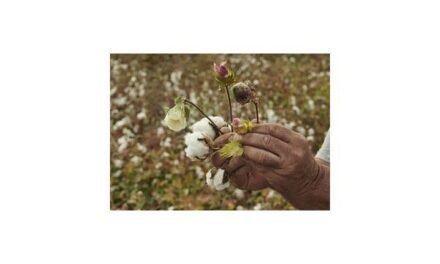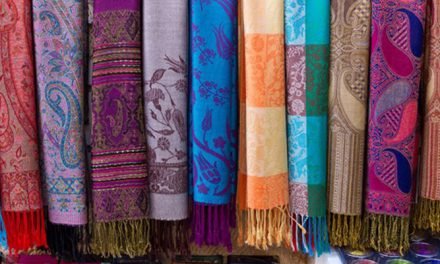The Australian wool industry has come under further pressure over the controversial practice of mulesing after retailers Kmart and Target committed to stop selling products containing mulesed wool. The news prompted the president of the Australian Council of Wool Exporters and Processors to warn that Australian wool was coming to be regarded as “secondary” to that of countries like New Zealand and South Africa because of mulesing.
Target said all wool in its own clothing and bedding would be from farms fully traceable and verified as non-mulesed, or recycled, by July 2023. Kmart aims to do the same by July 2024. Both companies are part of the Kmart Group which said the move away from mulesed wool was part of its expanded ‘Better Together’ programme.
“Kmart Group is dedicated to making a positive difference to our people and our planet,” a spokesperson said. “With a number of new focus areas and time-bound commitments to 2030, the plan includes an increased focus on sourcing natural resources responsibly.
“As wool is one of the most important animal-derived materials used by Target and Kmart, we believe we have an important role to play in working collaboratively with our suppliers, the wool industry and animal welfare groups, to transition away from the practice of mulesing and accelerate sustainable farming practices within the textiles supply chain.”
Mulesing is now unique to Australia, which produces about 75 per cent of the apparel industry’s wool. The controversial process involves the removal of strips of wool-bearing skin from the rear of sheep to prevent parasitic infection. It is banned in all major wool-exporting countries — including New Zealand, South Africa, Uruguay and Argentina — except Australia.
Matt Hand, the President of the Australian Council of Wool Exporters and Processors, said he was not surprised by the Kmart and Target announcement. He said the reputation of Australian wool was suffering because it was considered by processors, brands and retailers as “a mulesing country.” “Historically, we’ve not handled it particularly well,” Hand said. “We failed to acknowledge the demand for non-mulesed wool as far back as 10-15 years ago, whereas other countries, New Zealand and South Africa in particular, managed to acknowledge it and move forward.
“If you go back 10 or 15 years, comparing the equivalent specification wool in Australia, New Zealand and South Africa, Australia was the pinnacle, particularly in terms of price, and then New Zealand and South Africa.
“Now it’s quite the reverse, New Zealand and South African wool trades at a premium to Australian wool, and we are discounted. The only logical reason and it stares at us every day when we are trying to trade Australian wool, is the mulesing status.”
Hand said the Australian wool industry needed to act if it wanted to avoid becoming a secondary choice for wool. “We seem to continually told by people on the AWI (Australian Wool Innovation) board that this non-mulesed thing is just a load of rubbish and it’s just not – it’s a very real set of circumstances,” he said.
“It is absolutely holding the industry back, in terms of the value of our wool clip, and that in itself must have an impact at the wool grower level, because if the price and demand is held back because of our mulesing status, it’s only logical that wool growers are going to look to do other things.”
SustainaWOOL, Australia’s new industry-owned wool integrity scheme, admits sheep farmers which produce wool from mulesed sheep. However, the rival Textile Exchange’s Responsible Wool Standard (RWS) does not.






















